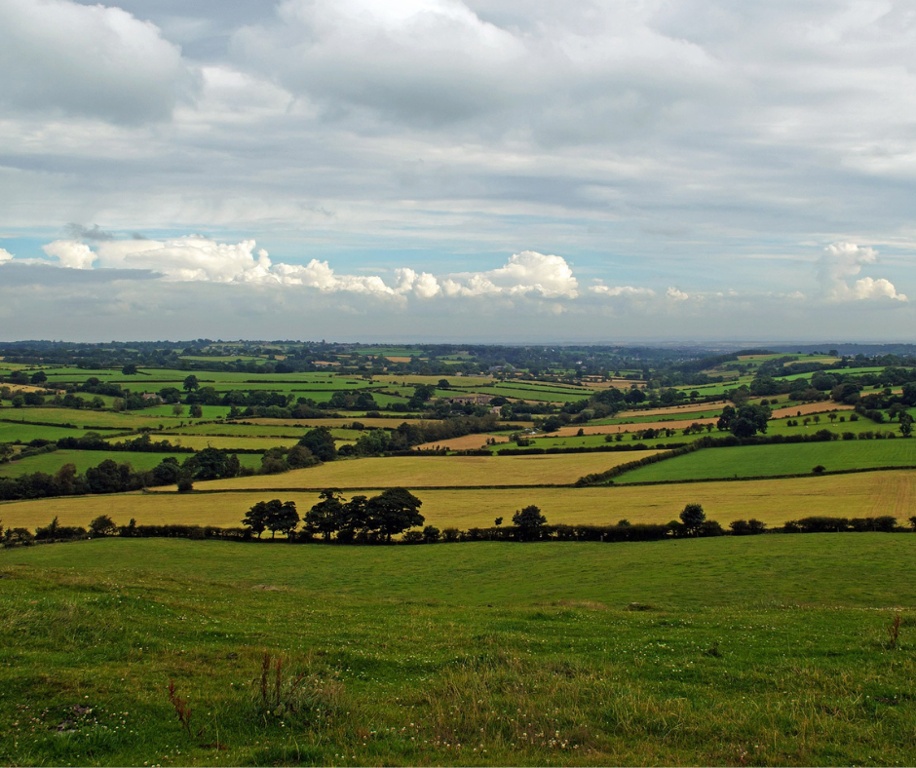2021 was the first year during which land prices started to achieve and exceed £20,000 per acre with some regularity,and looking at the year just past, 2022 continued the trend.
However, it was not just the smaller holdings under 25 acres which could realise this new watershed, but larger farms of more than 50 acres - well located quality farmland, with good road frontage - now able to achieve this level with increasing frequency.
We are still a long wayfrom farmland across all areas in Northern Ireland averaging £20,000 per acre, but in certain limited locations where the land for sale holds an attraction for multiple buyers, the early indicators for 2023 are not showing any signs of a slowdown in demand for farmland.
Looking back to 2005-2007, one could argue that there were several instances where farmland crossed the £20,000 per acre threshold.
However, those instances were more often driven by lending institutions offering relatively cheap money amidst a rising property market, which then peaked in 2007 and took a long time to recover. Comparing that to more recent times, over lending by banks is not as influential a factor in rising land prices.
In 2022, Best Property Services sold a cumulative 550 acres of varying types and locations of farmlands for an approximate average cost of £16,000 per acre.
When one considers the two extremes of 1982 and 2022 and examines how many acres of land £1 million could have acquired then and the decades in between, ballpark figures for good quality farmland in a high demand area, such as Armagh or Down, with extensive road frontage have reduced by more than eightfold.
Where once £1 million would have bought you, on average, 500 acres in the Eighties, the same sum would have acquired just 60 acres in 2022.
Between 2000 and 2008, average farmland prices trebled from around £5,000 per acre in 2000 to £15,000 per acre and higher by 2007, before reducing in price to between £11,000 and £12,000/acre by 2012.
By way of example, when the 400-acre Gilhall Estate on the Lurgan Road in Dromore was sold in April 1997 for over £2 million, it was widely discussed that a new threshold of £5,000 per acre for such a large holding would not be surpassed until the new millennium. However, towards the end of 1999 Best Property Services sold a 120-acre farm between Gilford and Tandragee for over £1 million (£8.5K/acre) - as often happens with land, only a few years must pass before new thresholds are established.
An alternative way of looking at this capital appreciation between 1982 and 2022 is to take a more simplistic approach that each acre acquired 40 years ago, on average, has risen in value by £350 every year, irrespective of how it has been farmed or let in conacre, or how much money has been borrowed against it.
Add in the benefit of Agricultural Property Relief (APR), if and when the land passes to the next generation (subject to various rules and regulations being adhered to), and one can understand the main influencing factor behind successful businessmen seeking to acquire farmland as part of their Inheritance Tax planning.
Existing farmers not currently in a strong enough financial position to acquire neighbouring land, or those who were outbid during the past few years on land they were keen to buy, may rightly feel aggrieved at not being able to expand their acreage for themselves or the next generation.
However, if their predecessors, who undoubtedly worked hard to buy and maintain the farm holding back in the day couldonly have a glimpse of how far land prices have moved since first acquired by the family, they would surely have a satisfied smile and a thought that all that hard work in the early years had been worthwhile after all.
About the Author: Garry Best is Managing Director of Best Property Services, a fifth-generation family business with over 130 years of industry experience across land, commercial and residential property sales, with offices in Newry, Warrenpoint and Dungannon.
Garry brings a wealth of expertise in Land Division including Valuation, Sale, Acquisition, Letting, and Negotiating Compensation, with extensive experience in asset disposal.

